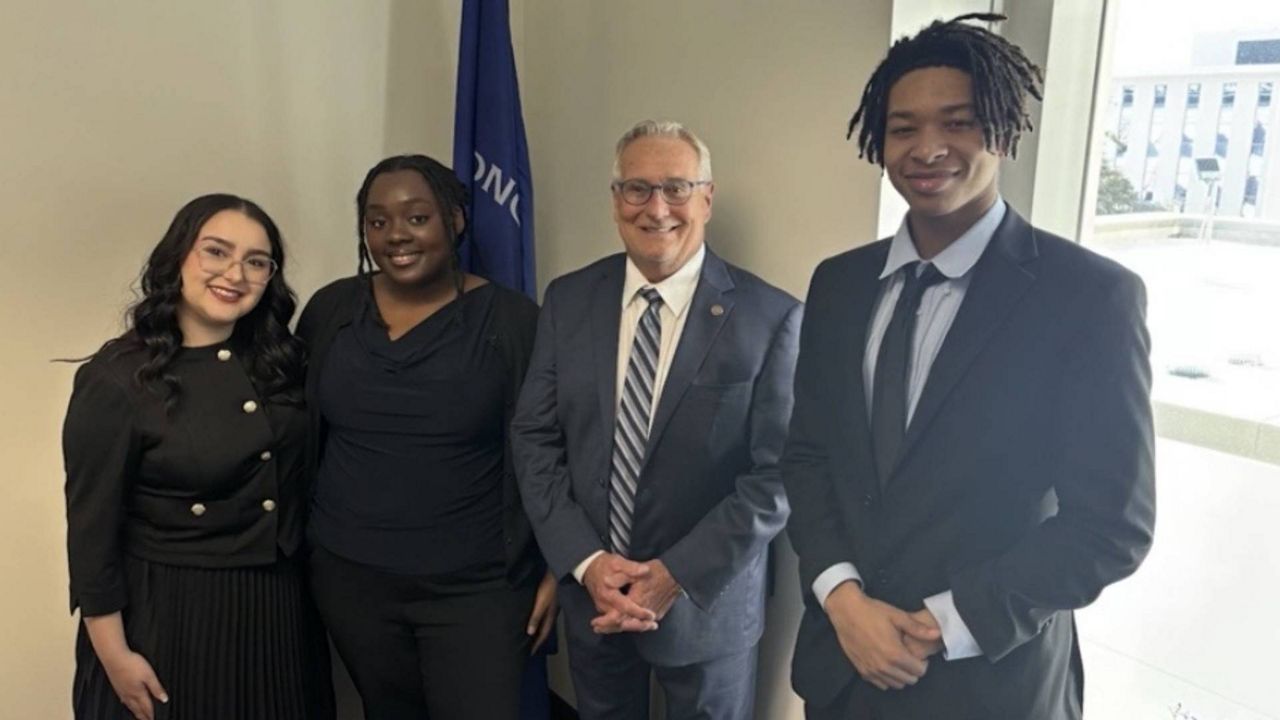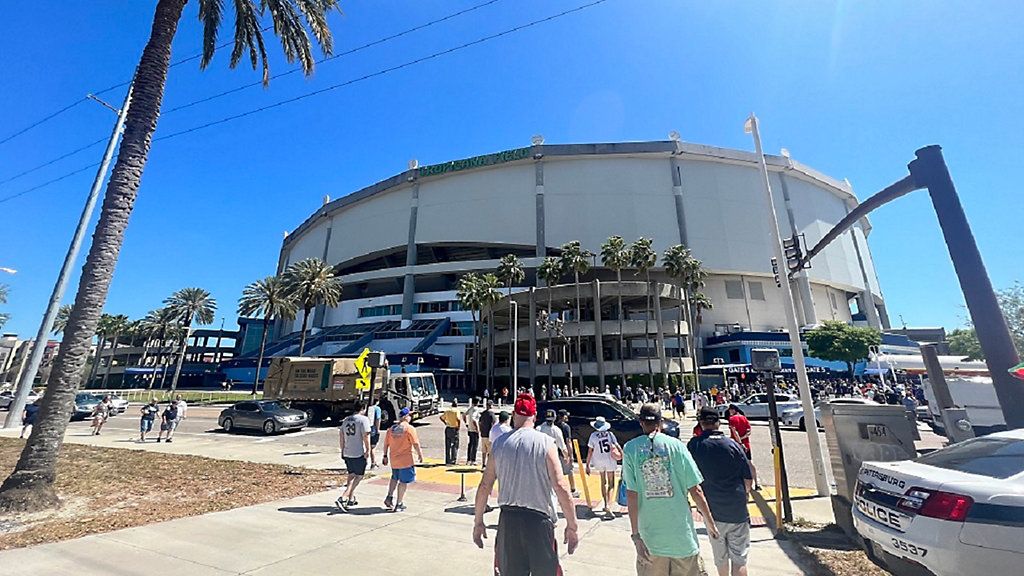TAMPA — Not only is October Breast Cancer Awareness Month, it's also the time of year when people begin rolling up their sleeves to get their flu shots and possibly other vaccinations, including the COVID-19 vaccine. In rare cases, that can impact mammogram results.
What You Need To Know
- Vaccines, including the COVID-19 vaccine, can lead to swollen lymph nodes near the injection site
- Swollen underarm lymph nodes following a COVID vaccination have led to abnormalities in mammogram results in rare cases, requiring more testing
- The Society of Breast Imaging recommends scheduling regular mammograms either before a first dose of the COVID-19 vaccine or at least four weeks after the second dose
- Doctors say patients shouldn't prioritize one measure over the other or delay either
"What we see sometimes, and this is quite a rare occurrence, is that after a vaccination, COVID or any other vaccines, your immune system is turned on," said Dr. Lana Bellon, a radiologist with BayCare and SDI Diagnostic Imaging.
That can cause lymph nodes under the arm to swell. Bellon said data shows that happens in about ten percent of patients, but based on her experience, it may be a little less. When it does happen, it means patients have to come back for additional tests.
The Society of Breast Imaging recommends women try to schedule their regular mammograms either before their first dose of the COVID vaccine or at least four weeks after the second dose. Bellon said she wouldn't recommend waiting or prioritizing one measure over the other.
“Don’t let one issue sway you one way or the other. Get the vaccine. We also don’t recommend waiting on getting your mammogram just because early diagnosis is key, and if there is something on that mammogram, we don’t want to wait three months to see it," said Bellon. "It's a small chance of that showing up on your mammogram, and we don't want to delay your screening at all."
Bellon said women age 40 and older should get annual mammograms, as long as they're symptom-free. If there are symptoms, patients should see their doctors as soon as possible. Their health care provider may order a diagnostic mammogram.
According to the CDC, warning signs of breast cancer include a new lump in the breast or armpit, thickening or swelling in part of the breast, or irritation or dimpling of breast skin.









